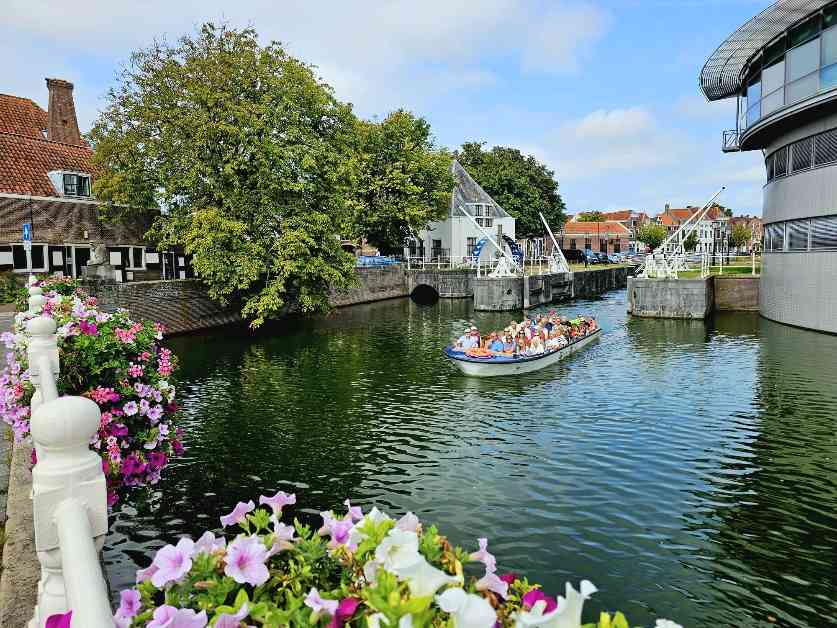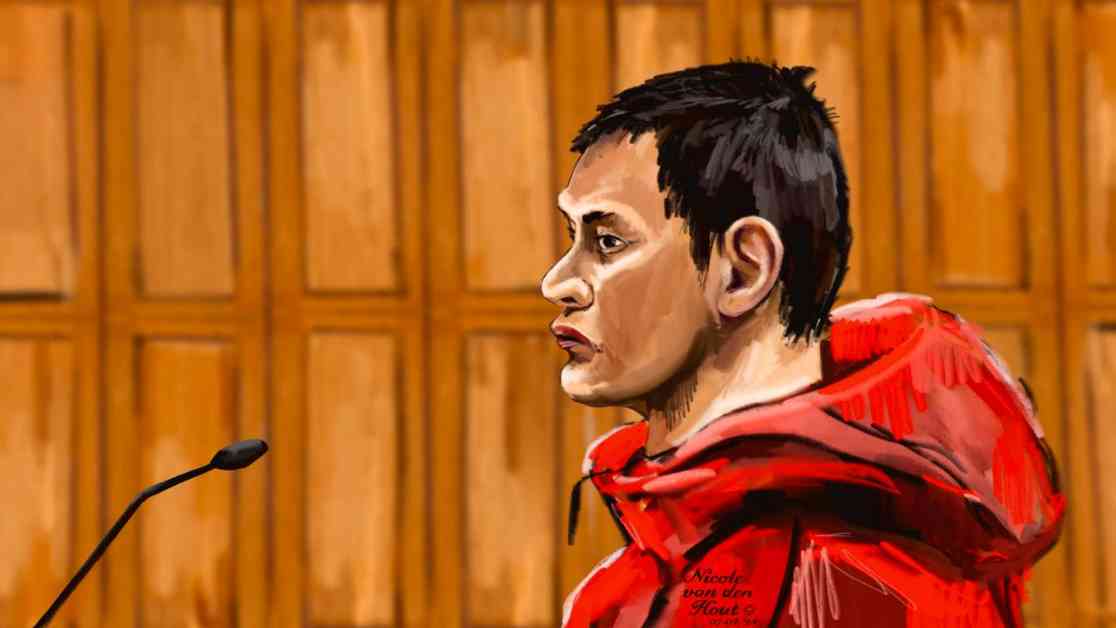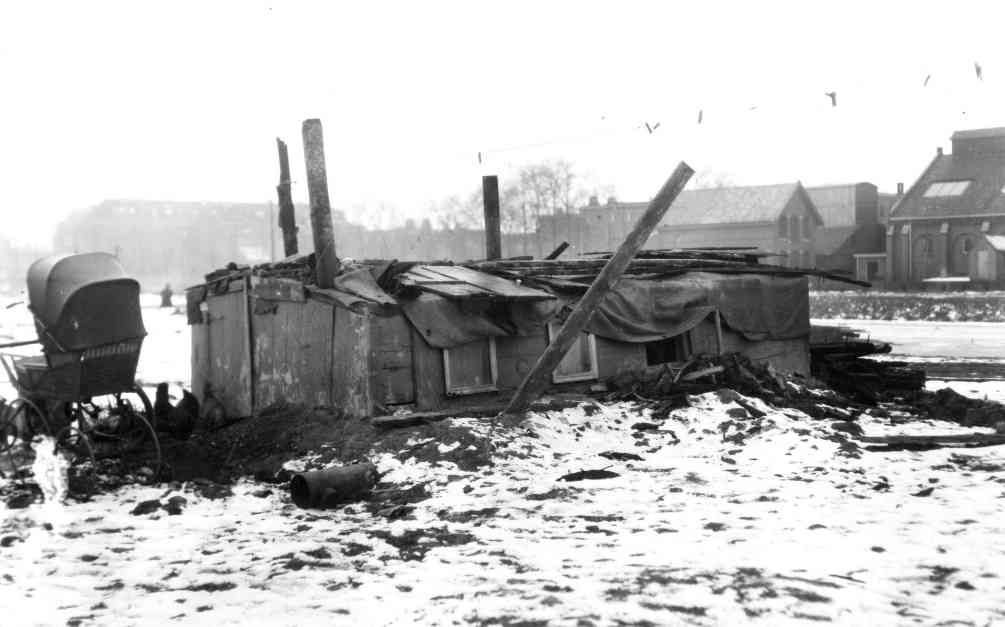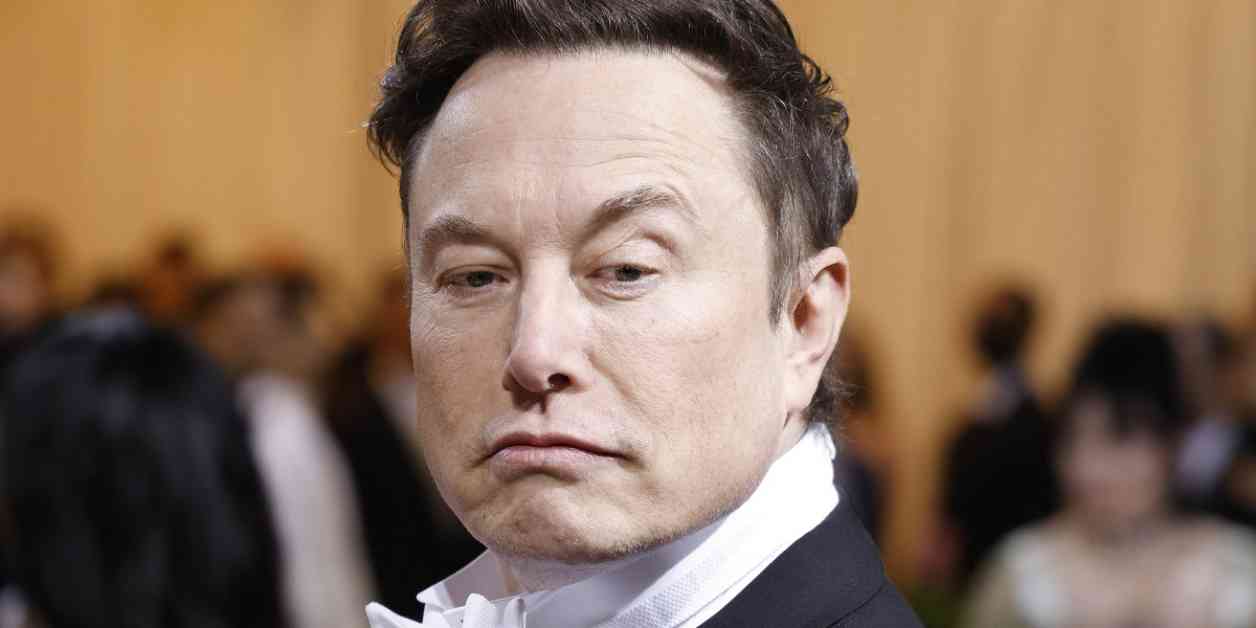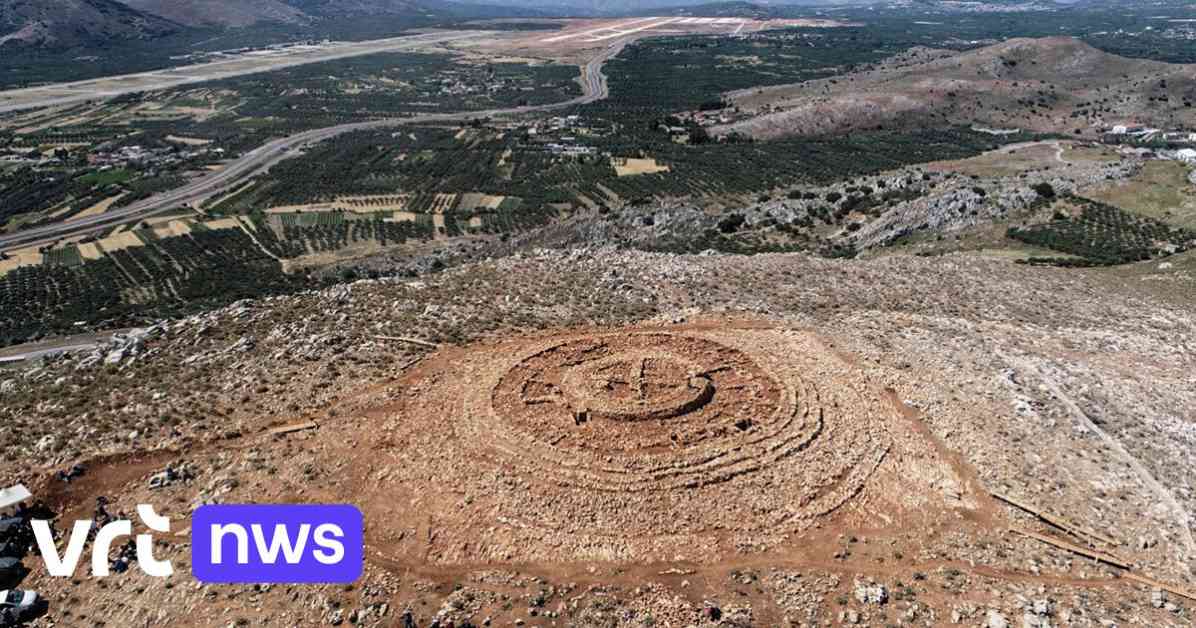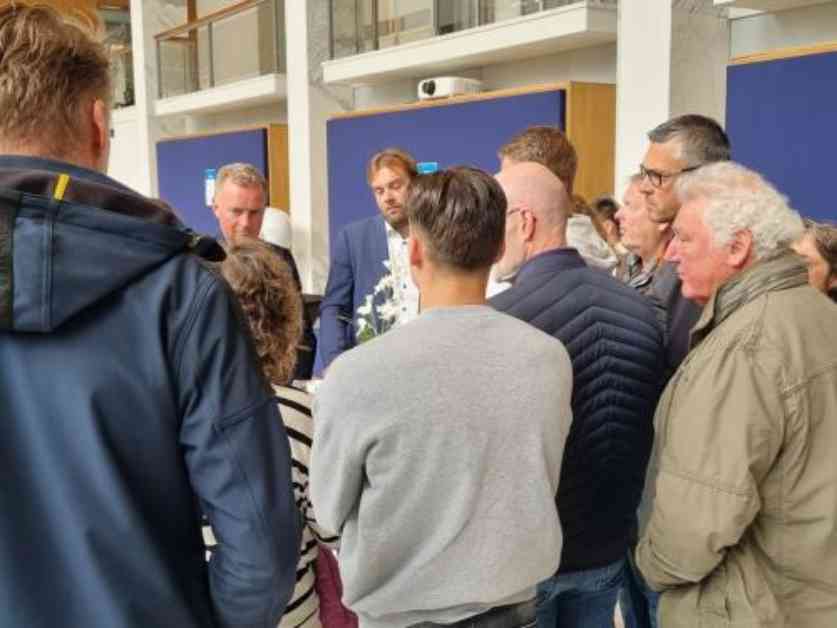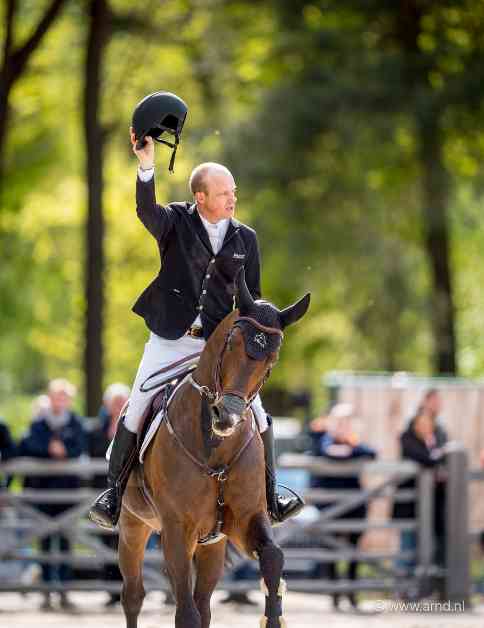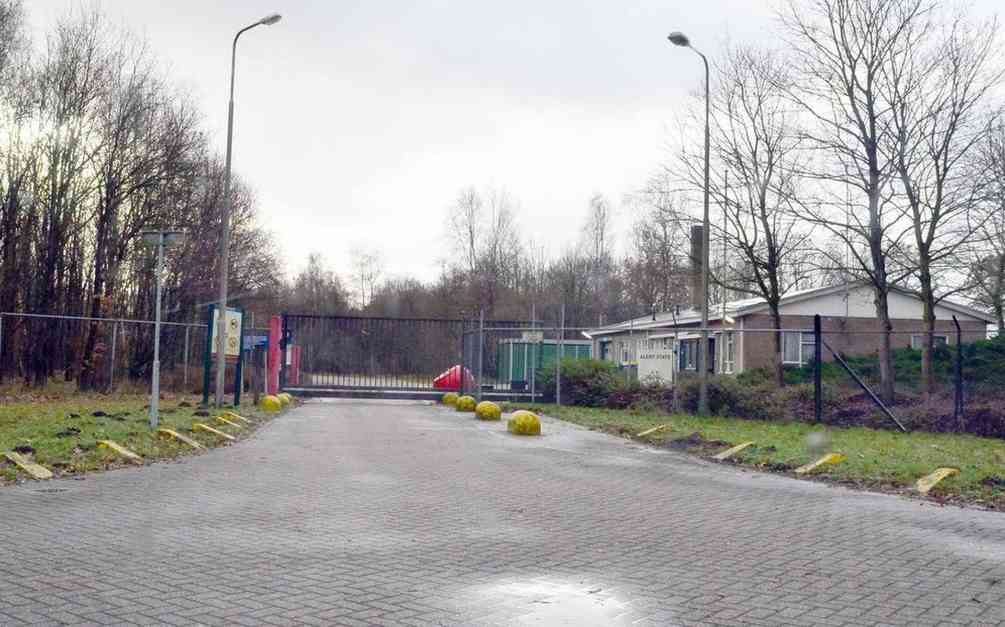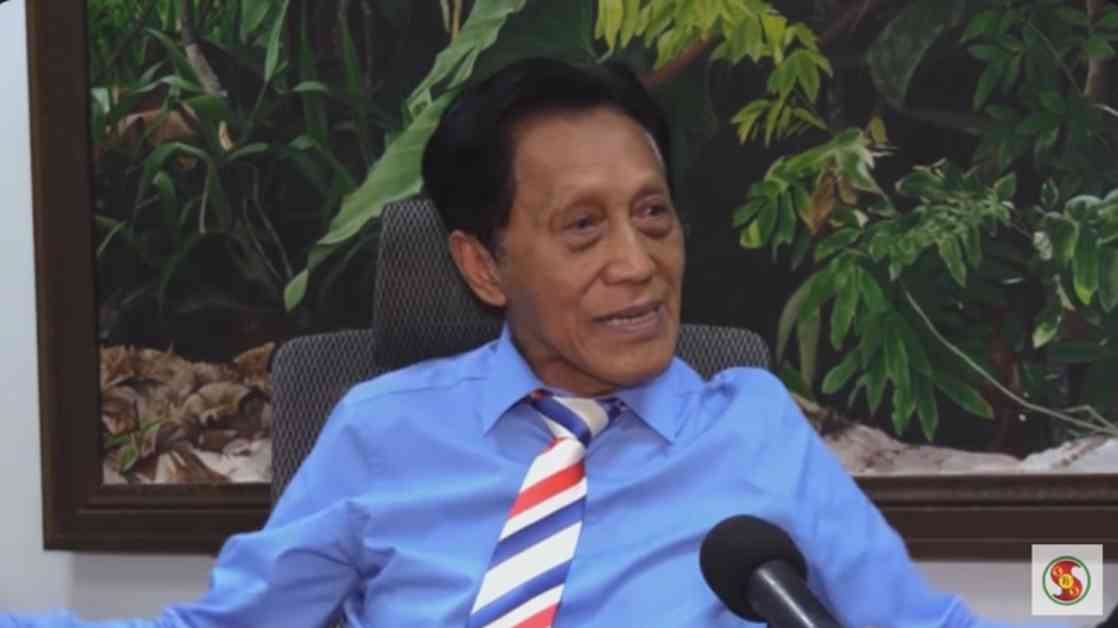The uncertainty is over. The President of the Government, Pedro Sánchez, announced this Monday that he will remain in his position. “I have decided to continue leading the Presidency with greater strength,” Sánchez confirmed, “with the commitment to work for the pending regeneration of our democracy and for the advancement and consolidation of rights and freedoms.”
The decision of the Chief Executive comes after the five days of reflection that he announced would be taken last Wednesday, after a Madrid court opened proceedings against his wife, Begoña Gómez, for alleged crimes of influence peddling and corruption in business. Sánchez already linked these judicial proceedings that day with the use of justice to destabilize political leaders.
The president began his appearance without questions by referring to his letter from last Wednesday, in which he questioned whether it was worth remaining in his position at the expense of the campaign that Sánchez considers his family is suffering. “If we all accept as a society that political action allows the attack on innocent people, it is not worth it, if hatred, insidiousness and falsehood are allowed, it is not worth it, if we allow the grossest lies to replace the debate based on evidence, it is not worth it, no matter how high it may be, there is no honor that justifies the unjust suffering of the people one loves the most,” he assured.
And yet, the president remains in La Moncloa. Sánchez has dropped that, in the coming months, part of his work will be to ensure “that the social majority is mobilized in a commitment to dignity and common sense, putting an end to the politics of shame. This is not about destiny of a person, it is about deciding what kind of society we want to be. We have been letting mud contaminate public life for too long. If we allow unreason to become routine we will have done irreparable damage to our democracy.
Sánchez has expressed his gratitude for the support received in recent days, especially from his Socialist colleagues, who to a greater or lesser extent have influenced his final decision to remain in office.
In his appeal to “collective conscience”, Sánchez has valued a Spanish society “that, through the generous agreement, knew how to overcome the wounds of the worst of its past, that successfully overcame a pandemic, that despite the context of war “It is experiencing a very good economic moment and breathes social peace, a society that amazed the world with its enthusiastic acceptance of rights and freedoms, going from an obscure country to an international benchmark.” In this sense, Sánchez has asked that Spain once again be “an example and inspiration for a troubled and wounded world”, since “the evils that threaten us are not exclusive to Spain.”
Minutes before the appearance at the Moncloa in which he announced his resignation, Sánchez met with King Felipe VI to inform him of his decision. After his meeting with the Head of State, Sánchez held a meeting with some of the people who make up his circle of trust, such as the ministers Félix Bolaños and María Jesús Montero or the Secretary of Organization of the PSOE, Santos Cerdán, and his head of cabinet, Óscar López.
Sánchez surprised even his closest collaborators on Wednesday, when late in the afternoon he published an extensive letter on Twitter in which he asked if “it is worth it” to remain at the head of the Executive at the expense of the “strategy of “harassment and demolition” that he and his wife claim to be suffering from an “extreme right-wing organization” such as Hands Cleans, which was the one who requested the proceedings against his wife, and from a “constellation of ultra-conservative newspapers” that have been publishing “spurious information” about Gómez.
Hermeticism has been the dominant trend these days until the final resolution this Monday. Not even his closest collaborators seemed aware of Sánchez’s decision. These five days of doubts, with the Executive leader’s agenda on hold, have led to everything remaining the same. Nor resignation, something that many within the PSOE saw as very feasible, and apparently without a question of trust that would allow the Government to measure its parliamentary support.
The reactions to the President of the Government’s statement have continued throughout the morning. In the PSOE, the euphoria of all its leaders has predominated and, although support has also been clear from the other coalition partner, Sumar, its leader, Yolanda Díaz, has also dropped some criticism.
Minutes after Sánchez’s appearance, Díaz expressed his “respect for the president’s decision”, although he assured that “they did not vote for us to turn our problems into theirs.” He has also taken the opportunity to encourage the PSOE to comply with the integrity of the investiture pact between both parties and go “further, delving into the transformations of this country so that politics once again becomes a solution for those who need it most.” On the other hand, he has demanded that the opposition leader, the popular Alberto Núñez Feijóo, “stop questioning, stop questioning the results that legitimately came out of the polls.”
For her part, before Feijóo’s own appearance, one of the great popular voices spoke, the president of the Community of Madrid, Isabel Díaz Ayuso, who criticized that “the president has taken advantage of five days to see how he could attack the parties and the independent press” and has framed Sánchez’s speech in a further step in his “maxim of with me or against me”.






